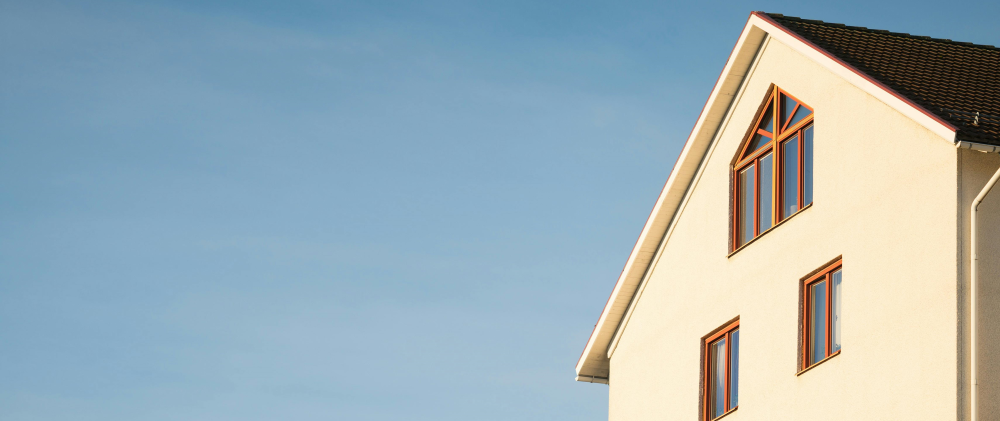Everything you need to know about minimising your investment property tax (capital gains tax)
Generally speaking, if you buy an investment property, you would likely have heard of or know about investment property tax, or capital gains tax (CGT). While it’s fun watching your investment increase in value, do you realise just how much taxes can impact your profits when you sell?
And have you heard of the Australian Tax Office (ATO) six year exemption rule?
So you don’t have to, we’ve done a deep dive on capital gains tax. The who, when’s and why’s to help you get the best investment property tax benefits by minimising your capital gains tax.
What is Capital Gains Tax (CGT)?
Any asset you’ve acquired since September 20, 1985 (the date when the capital gains tax was introduced) is subject to the tax, unless otherwise exempt.
When you sell or dispose of an asset, such as shares or real estate, the difference between the amount you paid for the property and the amount you sell it for is called a capital gain. If you sell your investment property for a loss, this is called a capital loss.
The ATO requires you to report that gain or loss in your annual tax return.
What the ATO says about CGT
'You need to report capital gains and losses in your income tax return and pay tax on your capital gains. Although it's referred to as capital gains tax (CGT), this is actually part of your income tax, not a separate tax.
- Most personal assets are exempt from CGT, including your home, car and personal use assets such as furniture.
- CGT also doesn’t apply to depreciating assets used solely for taxable purposes, such as business equipment or fittings in a rental property.’
Real estate and Capital Gains Tax
The ATO states:
‘Most real estate is subject to capital gains tax (CGT). This includes:
- vacant land,
- business premises,
- rental properties,
- holiday houses, and
- hobby farms.
Your main residence (your home) is generally exempt from CGT unless you've used it to earn rent or run a business, or it's on more than two hectares of land.’
As always, the ATO reminds us to not only keep accurate records but that you’re subject to CGT when you enter the contract to sell the property, not when you settle. A clear and important distinction.
What do we mean by main residence?
Your main residence is your home. This property is thought to be your main residence when:
- you and your family live there
- it’s home to your personal belongings
- it’s where your mail is delivered
- it's your address on the electoral roll
- services such as gas and electricity are connected.
Your main residence is usually exempt from Capital Gains Tax (CGT)
Your main residence is usually exempt from CGT if the property has a dwelling on it and you’ve lived in it. You can’t claim an exemption on a vacant block of land.
If you weren’t an Australian resident for tax purposes while living in the property, you’re not likely to fulfil the requirements for the exemption.
Similarly, if you’re a foreign resident when a CGT event happens to your residential property in Australia, you may no longer be able to claim the main residence exemption.
What happens if I've lived in the property and rented it out?
As a rule of thumb, a property stops being your main residence once you stop living in it. But in some instances, you can keep treating the property as your main residence for CGT purposes, even though you don’t live there anymore.
You can treat the property as your main residence for:
- up to six years if it’s used to generate income, or
- indefinitely if it’s not used to generate income.
On the other hand, you can't treat any other property as your main residence during the same period (except for a limited time when moving to a new house).
If you move back into the property, stay a while then move out again, the six year rule resets.
Selling your investment property (and minimising Capital Gains Tax)
We’ve already established that the sale of the property is what triggers the CGT. But while we always suggest you speak to a specialist tax accountant, there’s still a few things you can keep an eye on to help avoid paying capital gains tax.
Buying and selling your property within 12 months, and making a capital gain (profit), means you’ll pay tax on the entire 100% of the profit.
On the other hand, if you hold onto the property for more than 12 months, you’ll only pay CGT on 50% of the profits.
Keep detailed records. If you’ve spent money on the property, you can potentially offset these amounts later when you decide to sell.
Had a bad year financially? As CGT is deemed to be part of your taxable income, it makes sense that selling an investment property when you’ve had a low-income year means less capital gains tax will be paid.
But wait, there's more (investment property tax deductions)
Capital gains tax isn’t the only tax related to property investing. There’s a whole bunch of investment property tax deductions you’re entitled to claim that we’ve covered in more detail in another article.
Share this
You May Also Like
These Related Stories

Is Your Family Home Really Tax-Free?

Understanding small business CGT concessions

/Brand/Logos/Kelly%20Partners%20Accountants%20Logo/Kelly-Partners-Accountants-Horizontal-Logo.webp?width=1500&height=212&name=Kelly-Partners-Accountants-Horizontal-Logo.webp)